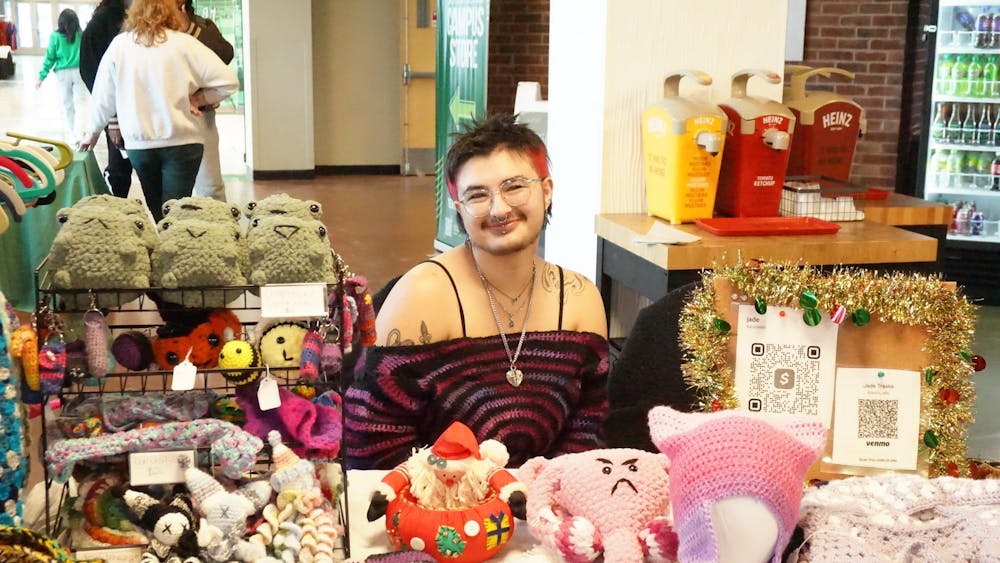By the end of the 2015 winter semester, all student-athletes will complete education and training for Eastern Michigan University’s “Step Up, Stand Up: Be An Active Bystander” program.
The Step Up Program was developed by Dr. Kay Woodiel, a professor of health education at EMU, and Dr. Melissa Rosenblum, a staff psychologist and coordinator of Outreach Programs for Counseling and Psychological Services at Snow Health Center in 2012 and is accessible to all students.
“We are really excited about the growth of the program. In fact, we were getting so many requests that we had to conduct a ‘training of the trainers’ this past fall in order to meet the demand of the requests for training,” Woodiel said.
Several years ago, Woodiel and Rosenblum started conducting focus groups on campus to determine a need for such a program.
“Our groups were student-athletes, resident assistants, student organizations and Greeks. Obviously, a need was demonstrated and we decided against using a national program and instead tailor our education/training with scenarios that are specific to the group we are working with,” Woodiel said.
The program’s purpose is to educate students about a phenomenon of inaction called the Bystander Effect and “seeks to empower and equip people to make a difference in the community through proactive behavior in the face of a concerning incident. It seeks to help people understand what influences a person’s willingness to help in a given situation, and teaches skills to safely intervene, along with options for responding” according to the news release.
Education entails methods such as lecture, music, self-assessment, video, and role-play.
“We try to include a little bit of everything, but really want it to be experiential and self-reflective,” she said.
In a news release Rosenblum said, “"When participants go through this training, we want them to walk away feeling not only equipped with tools to take action, but to also feel a personal sense of responsibility for each other and their community.”
Woodiel said that evaluations of the program have been positive and that participants have indicated that they feel more aware of the Bystander Effect and have developed skills to intervene in a situation.
“I really hope the participants feel the passion that Dr. Rosenblum and I have about this program and this issue, not only on campus, but in life,” she said. “We do not have to be an extrovert or confrontative to stand up for someone else. When someone does take a stand and steps up, it makes all the difference in the world."









